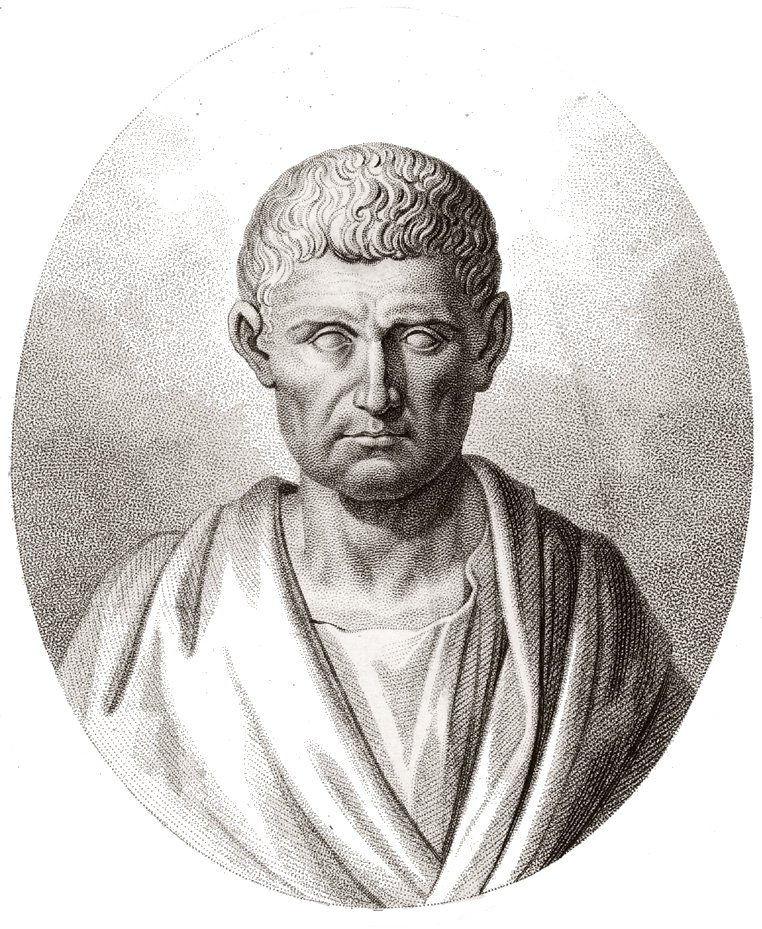|
|
Editor’s Note: The following work is in the public domain. I have duplicated and edited this piece because, although it is freely available from other sources, they are rife with typographical errors. Please contact me if you discover any errors you would like to report.
|
|
|

Image by Kelson [Public domain],
via Wikimedia Commons
|
Wherever possible, incorrect and archaic spellings, and capitalizations (or lack thereof) in the original translation have been preserved and so noted. Terms, titles, and quotations in other languages have been italicized for improved readability.
|
|
|
|
THE POETICS OF ARISTOTLE
A Translationby S. H. Butcher
|
|
|
|
|
Home
• Writing Samples
• Feedback
|